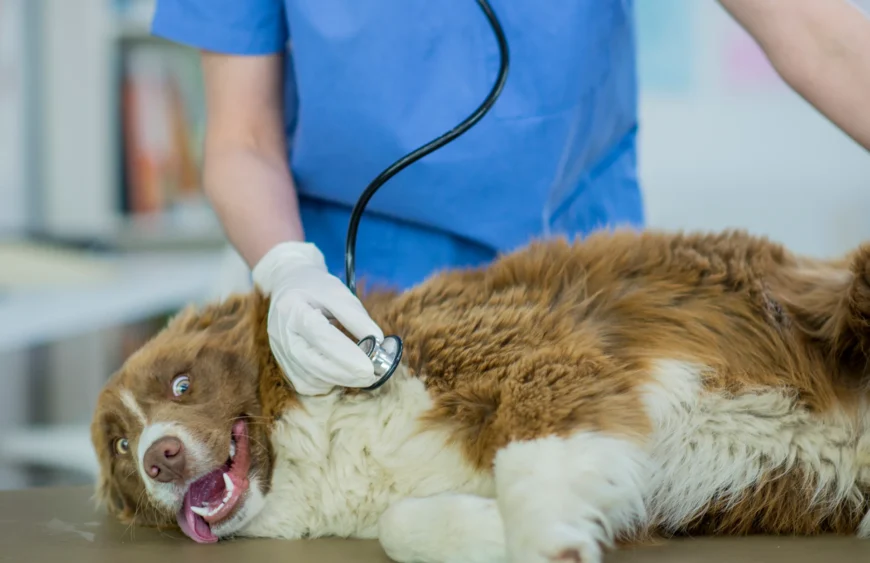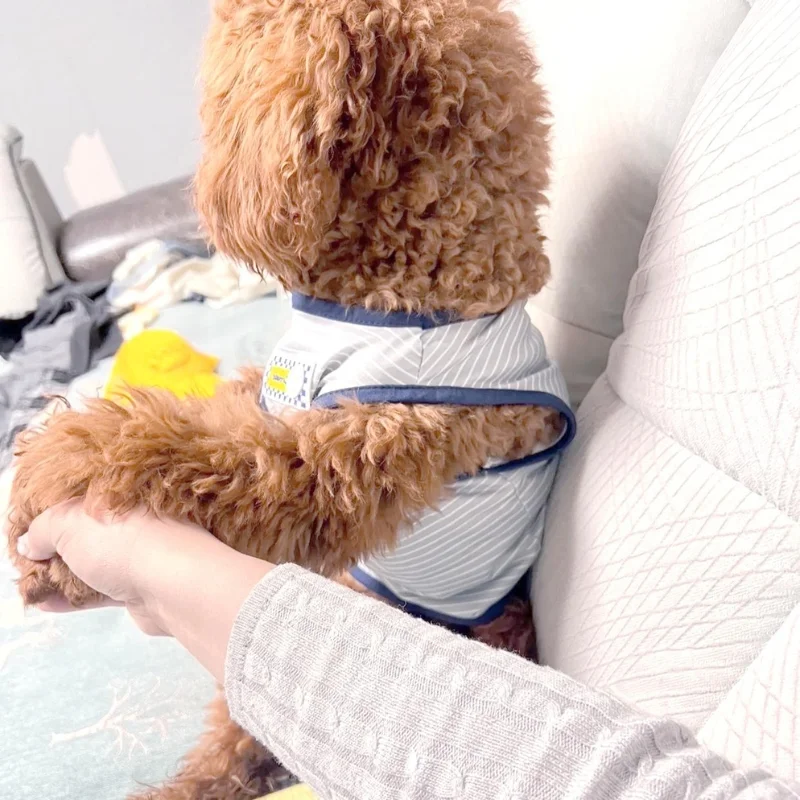Not Every Dog Needs It: Reasons Not to Neuter Your Dog

The Hidden Effects of Pet Neutering: Are We Ignoring the Potential Risks?
Nowadays, social media often exaggerates the benefits of pet neutering while overlooking the potential downsides. Neutering pets involves not only their physical health but also a vast industry chain, including pet medical equipment companies, veterinary hospitals, pharmaceutical companies, post-operative care services, and pet insurance providers. Capitalists, driven by profit, promote neutering as beneficial, but they rarely consider the well-being of the pets themselves. In many cases, these individuals have never even owned a pet and view them merely as ordinary animals. As pet owners, we must take responsibility for our furry companions and make informed decisions, rather than blindly following the trends. We should prioritize the natural health and well-being of our pets. If there are alternatives to neutering, such as using hump toys for dogs, hump toys for cats, and cat masturbators, we should consider those before opting for surgery.
Understanding the History of “Neutering”
The primary reason for neutering pets historically was to control breeding and reduce the number of stray animals. Neutering was originally intended to reduce the reproduction rates of pets, thus addressing the issue of stray animals. Therefore, as long as our pets are not roaming the streets and remain healthy, there is actually no necessity for neutering. Every pet has its own unique personality, and we should respect their natural instincts, only considering neutering in extreme cases.
Relevant Research Data
According to the article “Neutering of German Shepherd Dogs: Associated Joint Disorders, Cancers, and Urinary Incontinence“ neutering may be linked to certain health issues. Here are some findings from the study:
- Joint Disorders: A study on Golden Retrievers and Labrador Retrievers showed a significant increase in joint disorders in neutered dogs, especially in both males and females. For Golden Retrievers, the probability of developing joint disorders was 4 to 5 times higher in neutered dogs compared to intact dogs, while for Labrador Retrievers, the incidence doubled.
- Cancer Risks: Neutering may increase the risk of certain cancers, such as osteosarcoma, hemangiosarcoma, lymphoma, and mast cell tumors. Some studies have shown that neutered dogs have double the risk of developing these cancers compared to intact dogs. For example, a study on osteosarcoma found that neutered dogs had double the occurrence rate compared to intact dogs. Female neutered dogs had a 4-fold increased risk of hemangiosarcoma and a 2-fold increased risk of splenic hemangiosarcoma. The incidence of mast cell tumors in female neutered dogs was also 4 times higher than in intact females.
These data suggest that neutering may lead to a series of health risks, particularly joint problems and cancer.
Real-Life Case Studies
We have also gathered some real-life experiences from pet owners, which may serve as a reference when making decisions:
Blogger 1 – Jenny (2024/09/13)
“Don’t Neuter Your Dog, It Could Lead to Heart Disease! Real Experience.
⚠ I hope everyone will avoid neutering their dogs. After my dog was neutered at over a year old, I noticed a decline in her health. The first issue was obesity, which then led to heart problems, making her more prone to heart disease. My dog gained 6 pounds after neutering, and her overall health and behavior declined. Before the neutering, she was active and affectionate, but afterward, her temperament changed and she became more fearful.
👉As many people say, neutering can prevent issues like uterine infections or testicular problems (because these organs are removed), but it can also lead to issues like incontinence and obesity, which further stress the heart (especially in male dogs like mine). In female dogs, incontinence is a real risk. I don’t think we should remove organs just to prevent diseases that may never happen.
My dog has to take Chinese medicine daily to support her heart. I can’t even count how many bottles of Qi Xinkang we’ve used. Also, be cautious about letting your dog become obese – heart disease is very common, especially in older dogs. It’s best to start heart protection early.”
Blogger 2 – Lemon (2024/12/12)
“Regret Neutering My Dog, Facing Many Issues!
I really regret neutering my dog! My 3-year-old dog has had some strange issues after neutering. After every heat cycle, there are issues like milk leakage, mood swings, and swollen breasts, and the symptoms can last for over 20 days. I’ve been using the herbal supplement from MiaoShen’s to help with her breast inflammation, hoping to avoid it turning into mastitis.
Many people claim that not neutering could lead to false pregnancies, uterine infections, or mammary cancer. I debated for several days and decided to go through with the neutering. The operation was done early last month, but my dog’s condition seemed to worsen afterward. She wasn’t eating well and kept licking down there. When I wiped it, there was a foul-smelling discharge. We did an ultrasound, and there was no sign of residual ovaries, but false pregnancy was detected.
I’m really frustrated because I neutered her specifically to avoid false pregnancy, but now it’s happening anyway. We visited another vet, who diagnosed a urinary tract infection, and she was given antibiotics. Then we went to another clinic, and the diagnosis was vaginal inflammation. I feel the surgery was done improperly, and the doctors were very evasive in answering questions.”
Blogger 3 – Wayne (2024/02/03)
“Today marks the sixth day since my cat’s neutering surgery, and he has fully recovered. However, his temperament has changed. He scratches people more aggressively, and he’s running around wildly. He went missing for 3 hours today. Had I known this would happen, I would not have neutered him, disrupting his natural instincts. If you’re considering neutering, I would advise against it. Animals have their instincts, and I won’t be purchasing any more kittens, unless for adoption. Neutering removes a pet’s organs, and it feels cruel. I regret it deeply. I urge other pet owners to think carefully before deciding.
Conclusion
Neutering may seem like a solution to certain problems, but its potential negative impacts should not be overlooked. As pet owners, we need to thoroughly understand the pros and cons of neutering, respect our pets’ natural instincts, and make the most informed decision for their health. Before proceeding with neutering, carefully consider your pet’s physical condition, behavioral needs, and the risks involved. Every pet is unique, and choosing the most suitable care method is the most responsible way to treat them.









